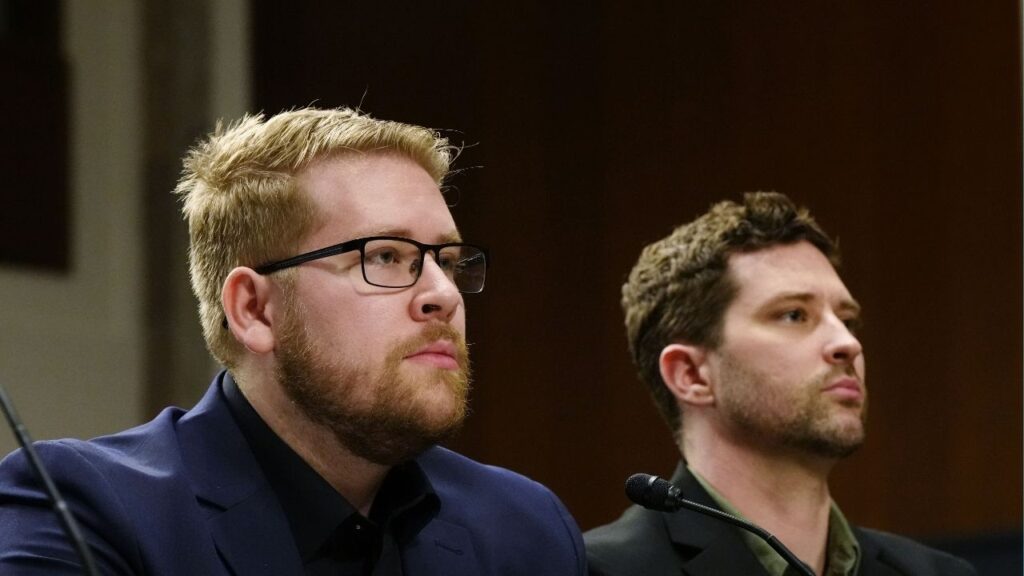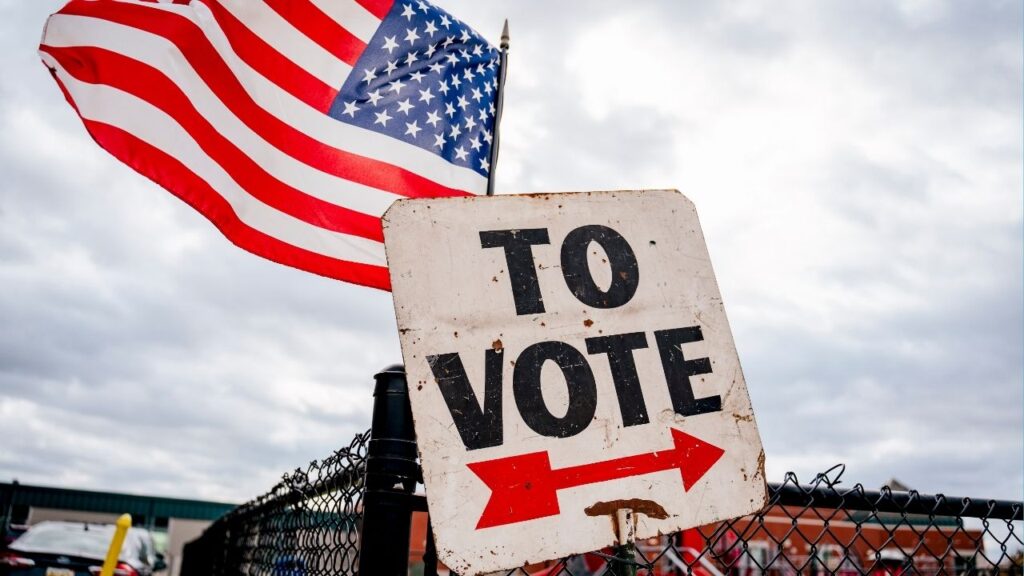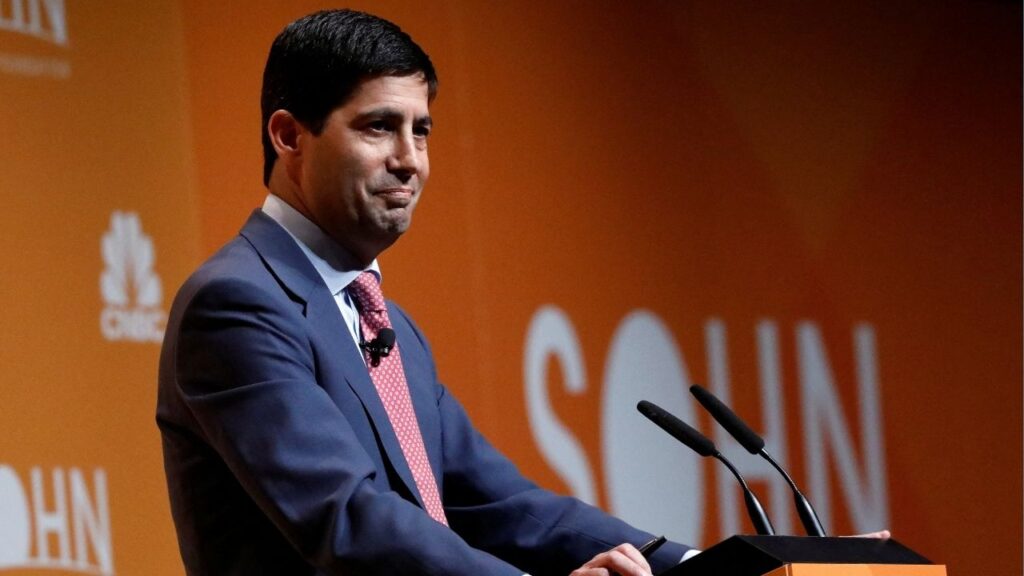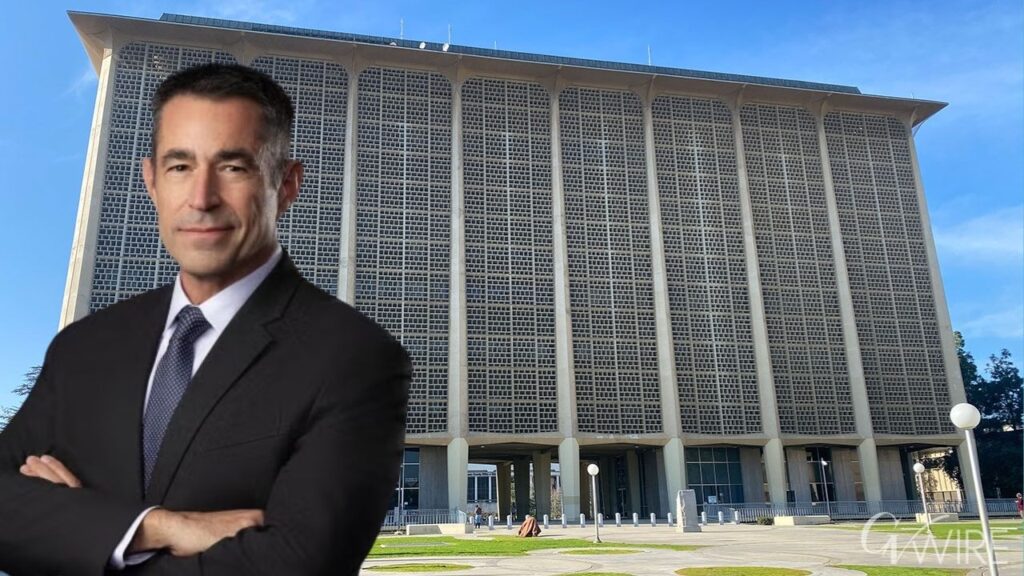Supreme Court Associate Justice Clarence Thoma and his wife, Virginia Thomas, left, during a memorial service for Justice Sandra Day O’Connor at the National Cathedral in Washington on Dec. 19, 2023. Customs and Border Protection records have revealed that Thomas and his wife took a round trip between Hawaii and New Zealand in November 2010 on Harlan Crow’s private jet, according to a letter from Sen. Ron Wyden (D-Oregon) to Crow’s lawyer. (Haiyun Jiang/The New York Times)

- Records reveal Thomas’s trips on Harlan Crow’s jet were not reported, raising ethical concerns.
- Wyden seeks detailed information on Thomas’s undisclosed travels and Crow’s financial relationship with him.
- Calls for stricter Supreme Court ethics rules grow amid revelations of unreported luxury gifts and travel.
Share
|
Getting your Trinity Audio player ready...
|
Justice Clarence Thomas failed to publicly disclose additional private travel provided by wealthy conservative donor Harlan Crow, a top Democratic senator said in a letter Monday.
Customs and Border Protection records revealed that the justice and his wife, Ginni Thomas, took a round trip between Hawaii and New Zealand in November 2010 on Crow’s private jet, according to the letter. Sen. Ron Wyden, D-Ore., writing to Crow’s lawyer, demanded that he supply more information about the financial relationship between the two men.
The letter, part of an inquiry that Wyden, the chair of the Senate Finance Committee, has opened into Crow and the justice, comes as top Democrats have urged major changes to the Supreme Court, including an enforceable code of conduct.
Latest Revelation Increases Misgivings About Relationship
Wyden said the latest revelation had only increased his misgivings about the relationship between the justice and Crow, a real estate magnate. “I am deeply concerned that Mr. Crow may have been showering a public official with extravagant gifts, then writing off those gifts to lower his tax bill,” Wyden wrote.
Thomas did not immediately respond to a request for comment Monday.
A spokesperson for Crow, Michael Zona, said his lawyers had “already addressed Sen. Wyden’s inquiries, which have no legal basis and are only intended to harass a private citizen.” It accused Wyden of a politically motivated effort to undermine the Supreme Court.
The statement added that Crow had “always followed applicable tax law.”
“We consider this matter settled and refer Sen. Wyden to our previous correspondence,” the statement read.
Thomas has previously said that he did not believe he needed to disclose gifts of personal hospitality from friends who did not have cases before the Supreme Court.
Related Story: Justice Thomas Misses Supreme Court Session Monday With No Explanation
Law Says Justices Required to Fill Out Financial Disclosures
By law, justices are required to fill out a financial disclosure form each year, including, among other things, outside sources of income and gifts. But Thomas’ form for 2010 does not list any flights on Crow’s jet.
Wyden singled out the discrepancy in his letter, noting that the justice had revised past records to reveal travel provided by Crow. “To date, Justice Thomas has never disclosed this private jet travel on any financial disclosure forms, even though Justice Thomas has amended disclosures to reflect other international travel on Mr. Crow’s private jet,” he wrote.
In a 2023 article, ProPublica noted that the justice had sailed aboard Crow’s yacht, the Michaela Rose, in New Zealand, about a decade ago. Thomas, in a show of gratitude, gave a crew member a signed copy of his memoir.
It was not immediately clear whether the 2010 flight disclosed by Wyden was part of the same trip, or how Thomas and his wife traveled to and from Hawaii.
Related Story: Justice Clarence Thomas Reports He Took 3 Trips on Republican Donor’s ...
Wyden also cited reports that the justice had accompanied Crow to Greece, Russia and the Baltics. None of these trips are noted on the justice’s financial disclosure forms.
In his letter, Wyden said that determining “the means and scale of Mr. Crow’s undisclosed largesse to Justice Thomas” would be critical to informing legislation that the committee was drafting.
Revelations that some justices had failed to disclose luxury gifts and travel from wealthy benefactors have spurred Democratic lawmakers, and in recent weeks, President Joe Biden, to push for toughening the ethics code, among other proposals, at the Supreme Court. Such efforts face long odds in a divided Congress.
The letter also provided a glimpse into the congressional investigation of the travels and gifts from Crow to Thomas.
Wyden accused Crow of failing to hand over comprehensive information about his travels with the justice, saying he would give Crow “one final opportunity to address the tax treatment of yacht and jet trips involving Justice Thomas.”
Thomas Claims ‘Personal Hospitality’ for Trips
Although Thomas had claimed the travels were “personal hospitality” and therefore exempt from public disclosure requirements, Wyden wrote, legislators wanted proof that Crow had not claimed any tax deductions as business expenses for hosting the justice on his yacht and private jet.
The Senate committee has not yet sought Crow’s tax records from the IRS and hopes that Crow will voluntarily comply with the request to turn over the information, said Ryan J. Carey, a spokesperson for the Finance Committee chair.
Carey said that exercising the committee’s power to seek tax records is “a long process” and that if Crow’s “tax treatment of the yacht is legitimate, he should be willing to say so.”
Other Democratic members of Congress have also sought to hold Supreme Court justices accountable.
Related Story: Justice Thomas Misses Supreme Court Session Monday With No Explanation
In June, a separate congressional investigation into Thomas revealed three additional trips aboard Crow’s private jet that he had not included on his financial disclosure forms: one to a city in Montana, near Glacier National Park, in 2017; one to his hometown, Savannah, Georgia, in March 2019; and one to Northern California in 2021.
In July, shortly after the Supreme Court granted substantial immunity to presidents, Rep. Alexandria Ocasio-Cortez, D-N.Y., introduced articles of impeachment against Thomas and Justice Samuel Alito. She accused them of failing to disclose their travels with benefactors and contended that they should have recused themselves in cases that involved efforts by Donald Trump and his allies to overturn the results of the 2020 election. (Ginni Thomas was actively involved in that bid, and flags used to support the “Stop the Steal” movement have been spotted outside the Alitos’ homes.)
Ocasio-Cortez’s move, broadly considered a political maneuver, has no realistic chance of advancing in Congress.
Under mounting pressure, the justices issued an ethics code last fall, the first in the court’s history. But many experts quickly pointed out its flaws, particularly given the lack of an enforcement mechanism. In a recent speech, Justice Elena Kagan acknowledged those shortcomings and suggested that the chief justice could appoint a panel of respected judges to enforce the ethics rules.
–
This article originally appeared in The New York Times.
By Abbie VanSickle/Haiyun Jiang
c.2024 The New York Times Company
RELATED TOPICS:
Categories

Renee Good’s Relatives Speak to Lawmakers in Washington

















